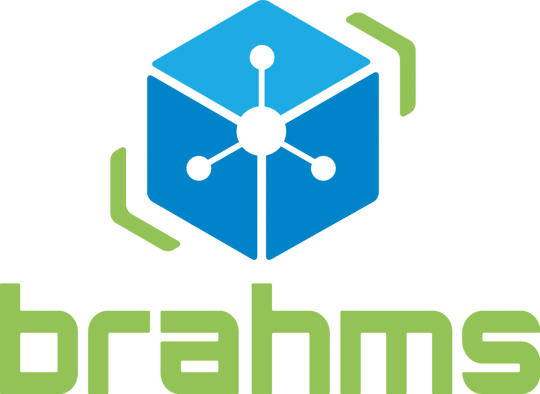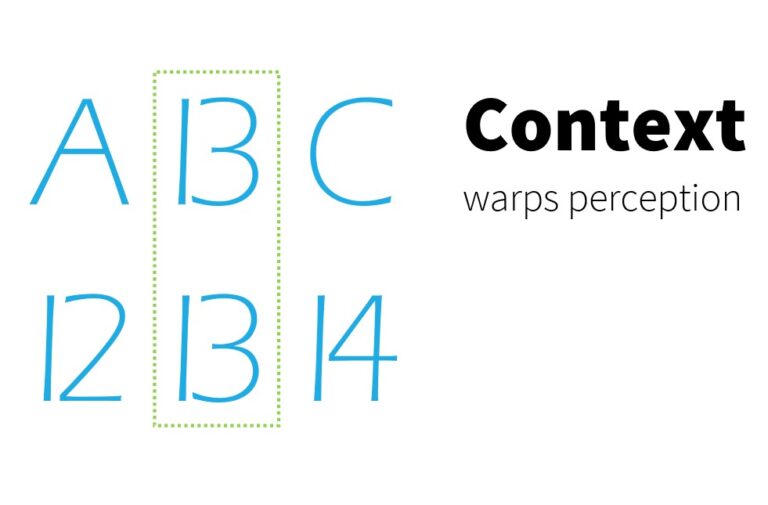Not so far in the past and even today, software featuring a multitude of functions was built and sold in monolithic modules. While the aim of building modules was to reduce complexity and lend an easy understanding for the software capabilities, the reality was showing a different picture. Since only complete modules of a software could be bought, even if a customer wanted to use only one or only a few functionalities of a module, this was only possible with the purchase of the complete module. This approach was neither saving money nor reducing complexity, since customers were paying for functions they never intended to use. On top, the amount of functions they were receiving could potentially become overwhelming, making the usage of the targeted functions unnecessarily uncomfortable.
brahms® addresses the limitations of its monolithic predecessors by providing customers the possibility to license individual functions rather than buying complete modules. Once the core brahms® is installed in the cloud or on the customer-site, functions can be added on an on-demand basis just like one adds apps to the iOS® on an iPhone®. This way not only the functional complexity but also costs are kept under control – the customers pays only for what they really need.





